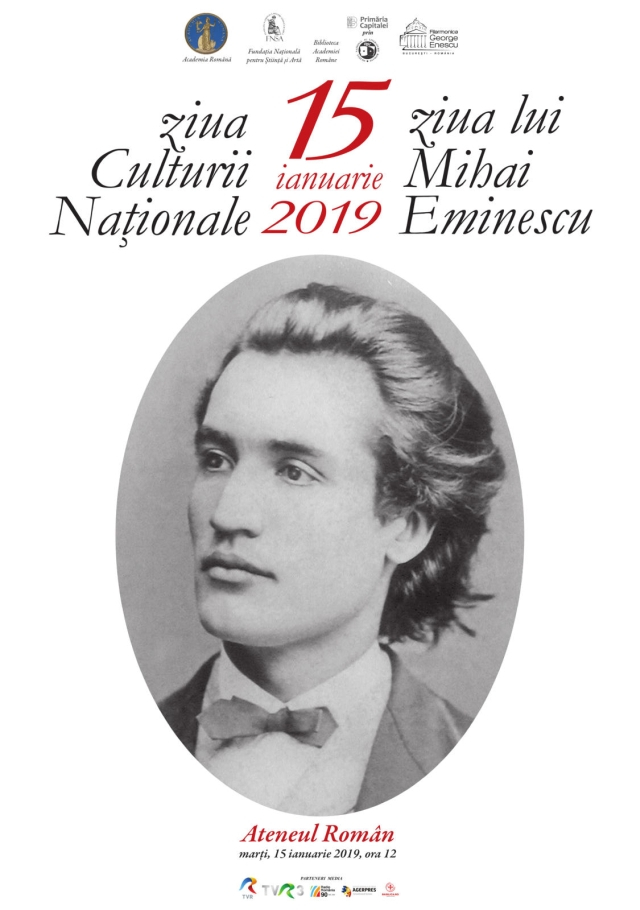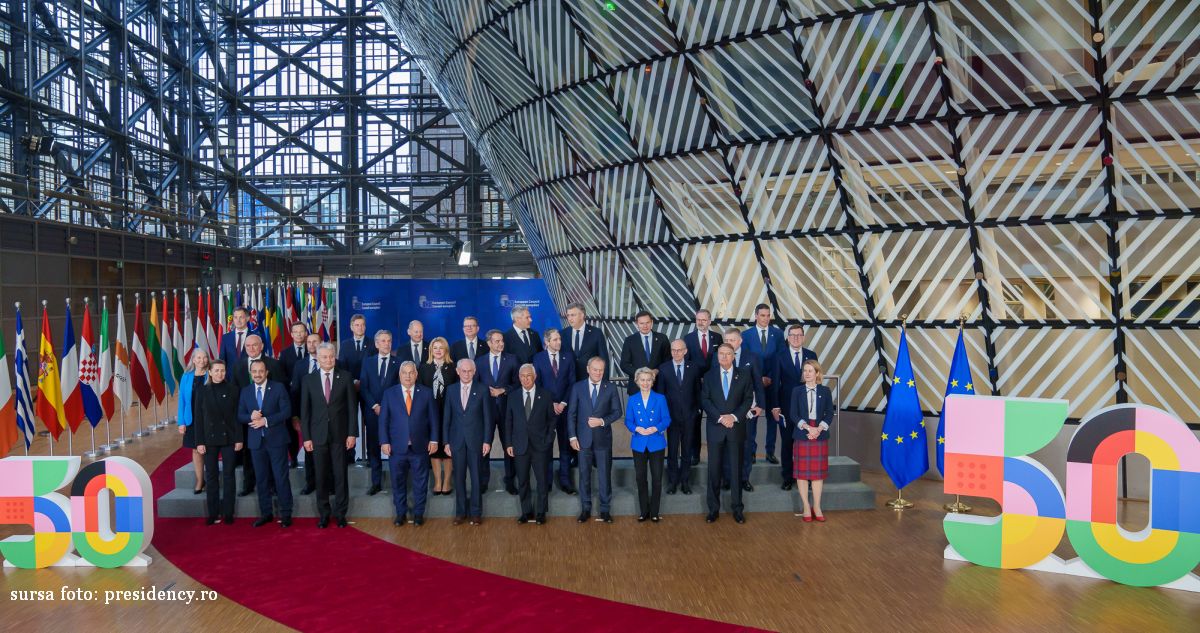National Culture Day 2019
Romania celebrates National Culture Day on January 15

Roxana Vasile, 15.01.2019, 13:25
A bill passed in 2010 by the Chamber of Deputies established January 15, the birthday of the greatest Romanian poet, Mihai Eminescu, as the National Culture Day. Mihai Eminescu, born on January 15, 1850, left us an impressive literary heritage that includes poetry, translations from foreign languages, theatre plays and fiction. Part of the late Romantic movement, Eminescu’s poetry was influenced by the systems of thought specific to Romanticism and also by the philosophic currents of his time. According to the World Records Academy, the poem The Evening Star, by Mihai Eminescu, is the longest love poem. Here is how the World Records Academy presents it: The poem can be simply described (for today’s YouTube generation…) as a combination between Gone with the Wind (it is a romantic drama), Star Trek (it contains science fiction entertainment) and Love Story (the poem is one of the most romantic poems and it also ends in a drama)-all together, which means it is a romantic poem but also a third millennium modern poem.
In an attempt to keep it in the attention of the young generation, in order to perpetuate its value, Eminescu’s work has become, as of today, an app for mobile phones, following a project conducted by the Romanian Academy and launched at the Romanian Athenaeum. Mihai Eminescu’s work will be available for free in a format compatible with smart phones, in the App Store and Google Play stores. The application Mihai Eminescu – the complete work for smart-phones is the second re-launch of Eminescu’s work after the printed edition released by the Romanian Academy in the last 100 years. Alongside a number of events marking on January 15 the birthday of Romania’s national poet at home and abroad, a number of events celebrating Romanian culture are also held.
The Ion L. Caragiale National Theatre in Bucharest has scheduled three guided tours of the institution, free of charge. Thousands of kilometers away, in Madrid, a new Romanian-language lecturer’s department was set up, Spain being alongside Italy and Germany the country where the number of such departments is on the increase. Operating in universities abroad and financed by the Romanian state, the lecturer’s departments, through the Romanian language, literature, culture and civilization classes it offers, promotes the Romanian cultural heritage in the host countries. The interest of the universities abroad in the introduction of the Romanian-language courses has been on the increase after the country’s EU accession.
(Translated by E. Enache)






























